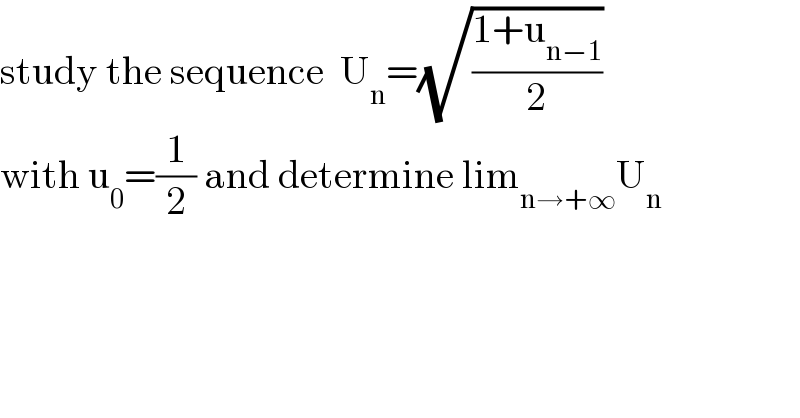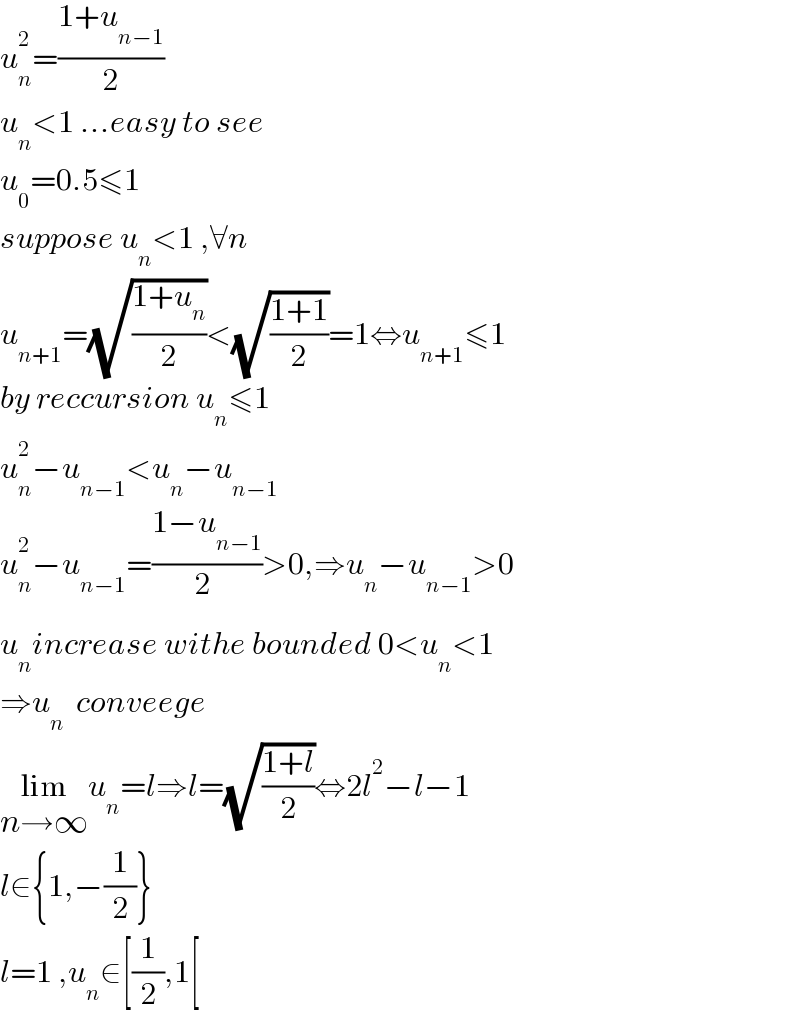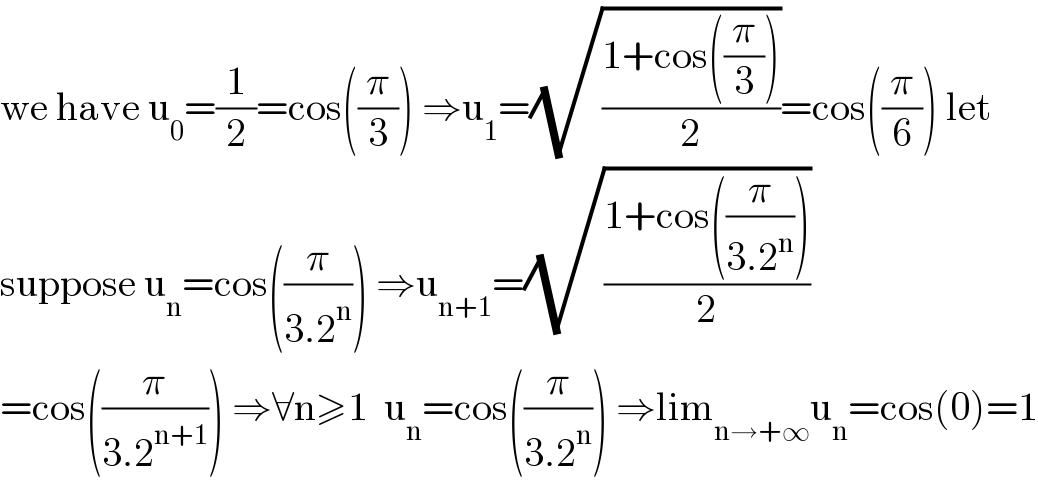
Question and Answers Forum
Previous in Relation and Functions Next in Relation and Functions
Question Number 136031 by mathmax by abdo last updated on 18/Mar/21

Answered by mindispower last updated on 18/Mar/21

Commented by mathmax by abdo last updated on 18/Mar/21

Commented by mindispower last updated on 20/Mar/21

Answered by mathmax by abdo last updated on 18/Mar/21

